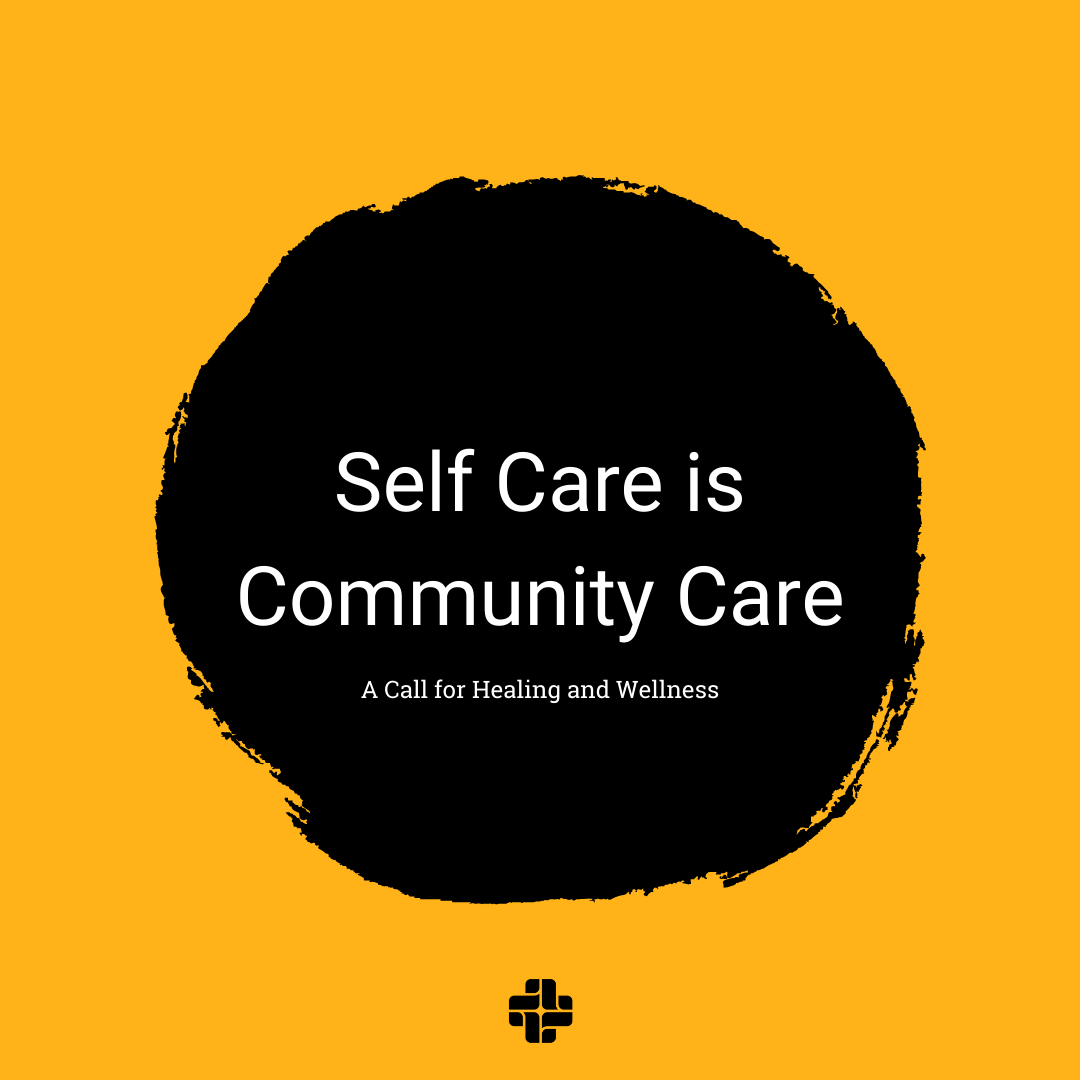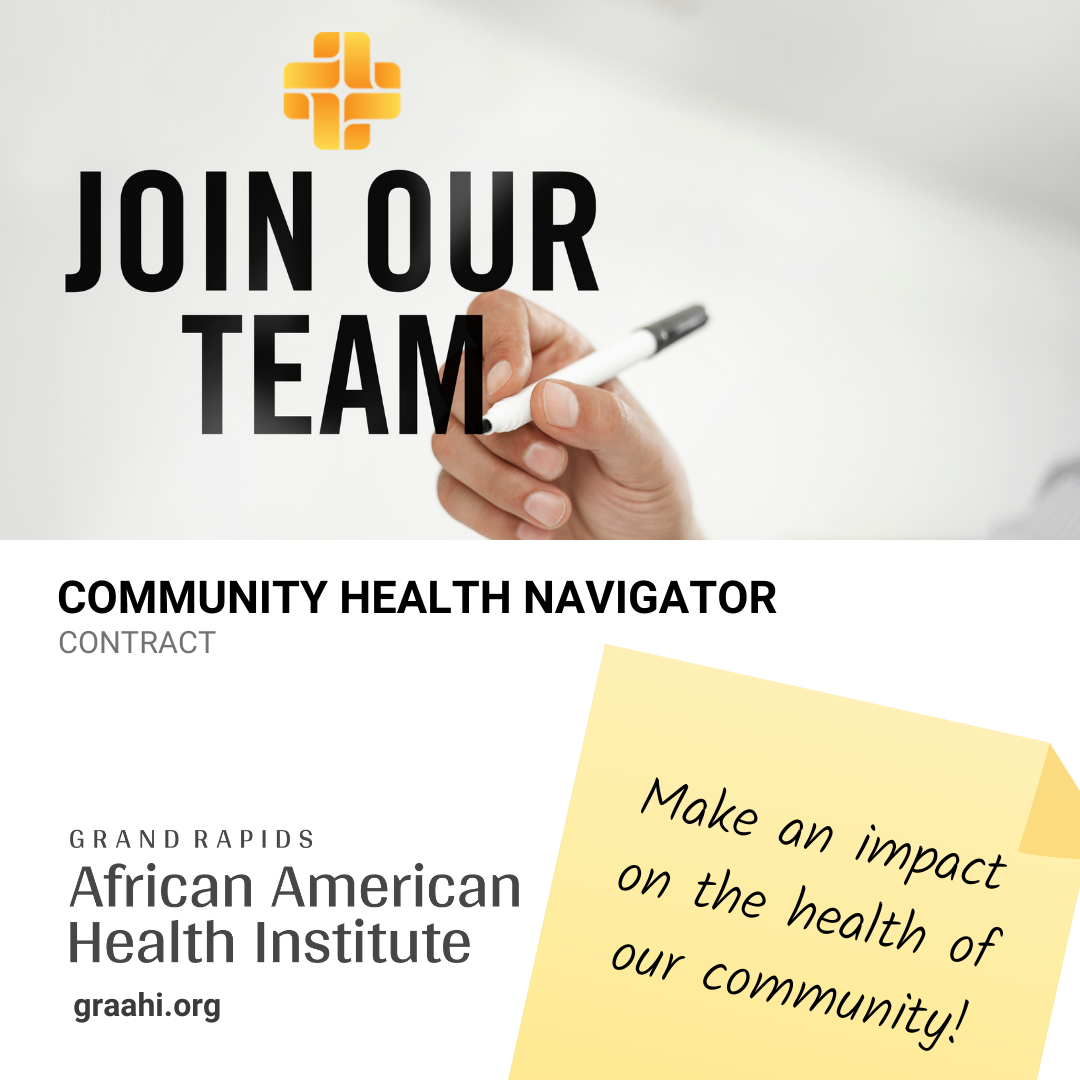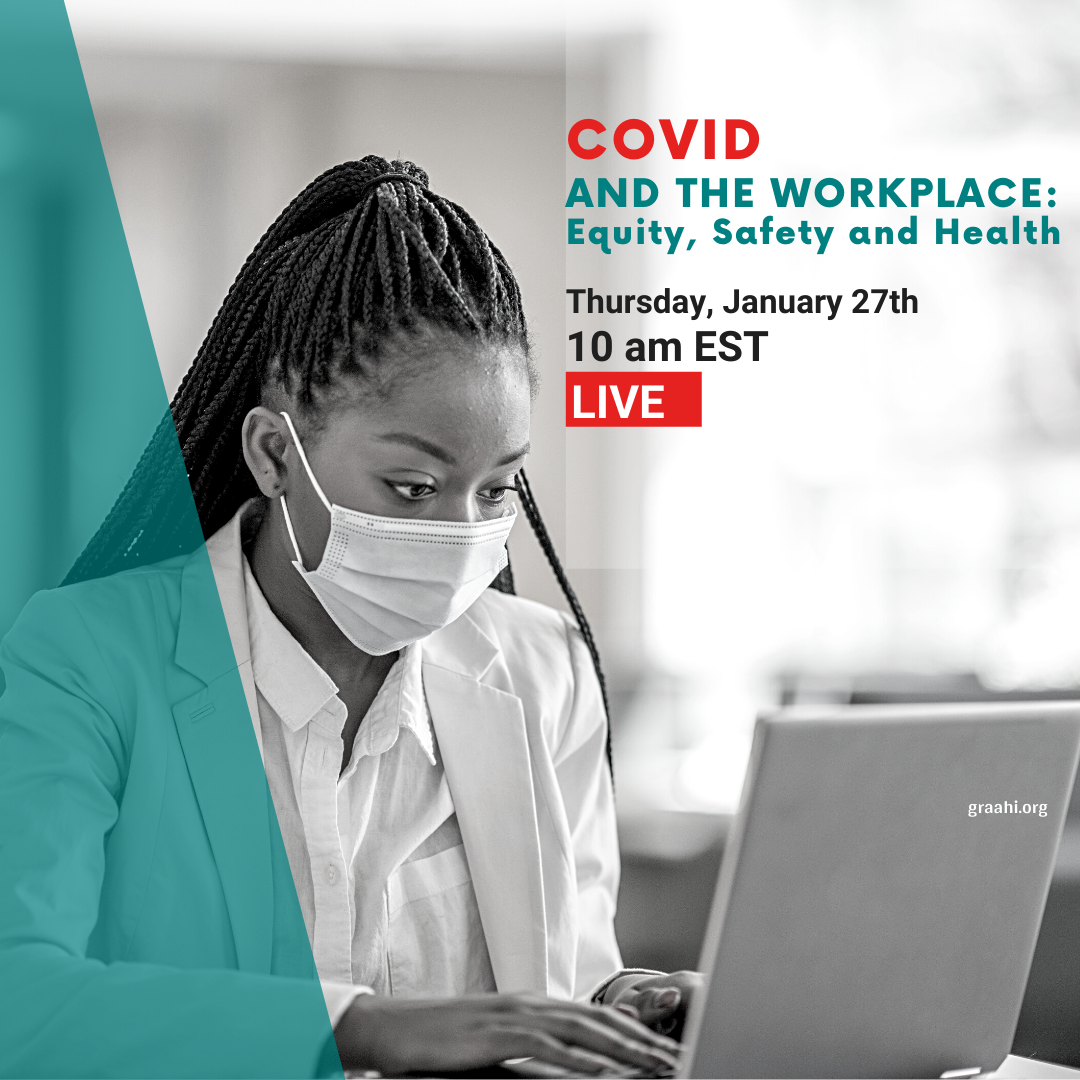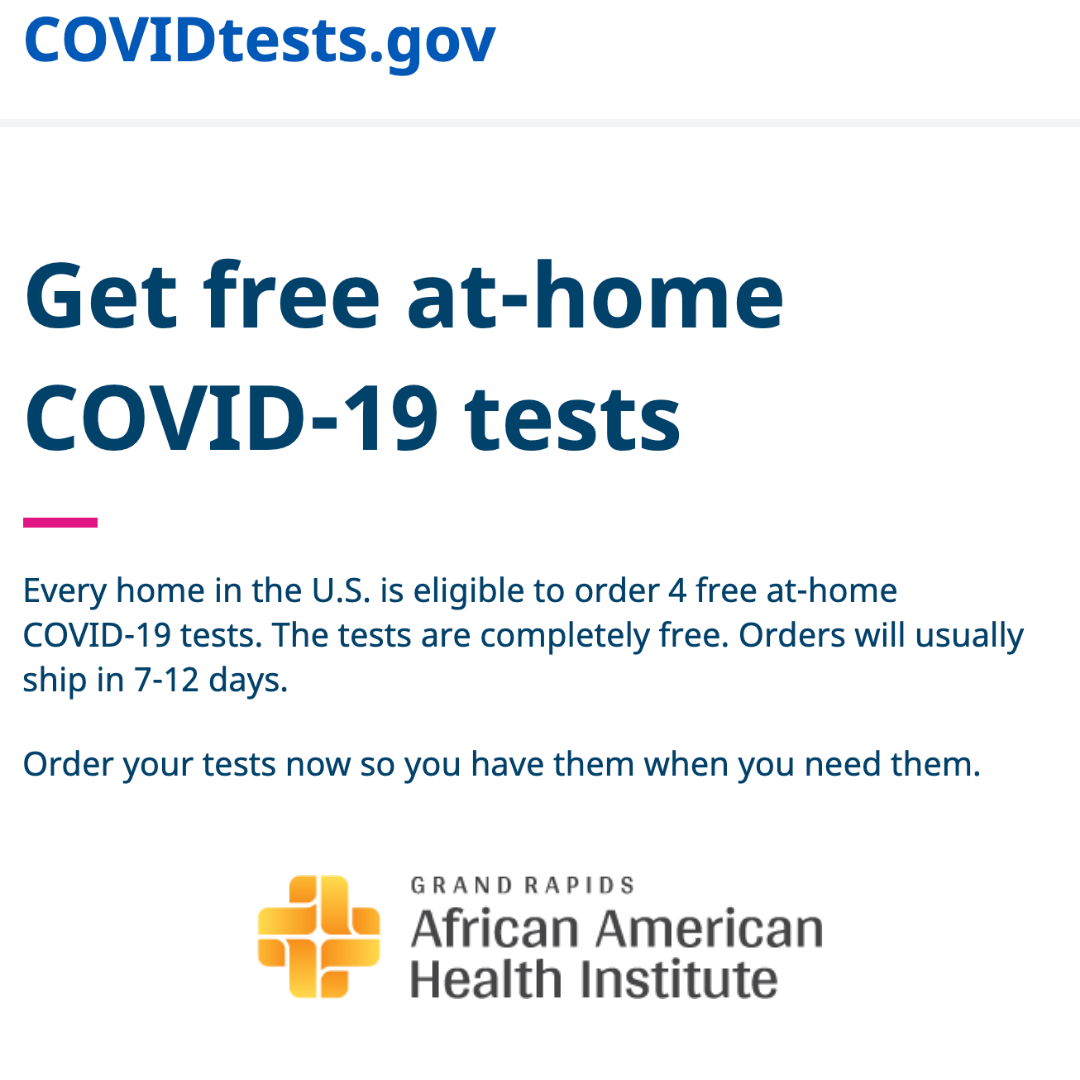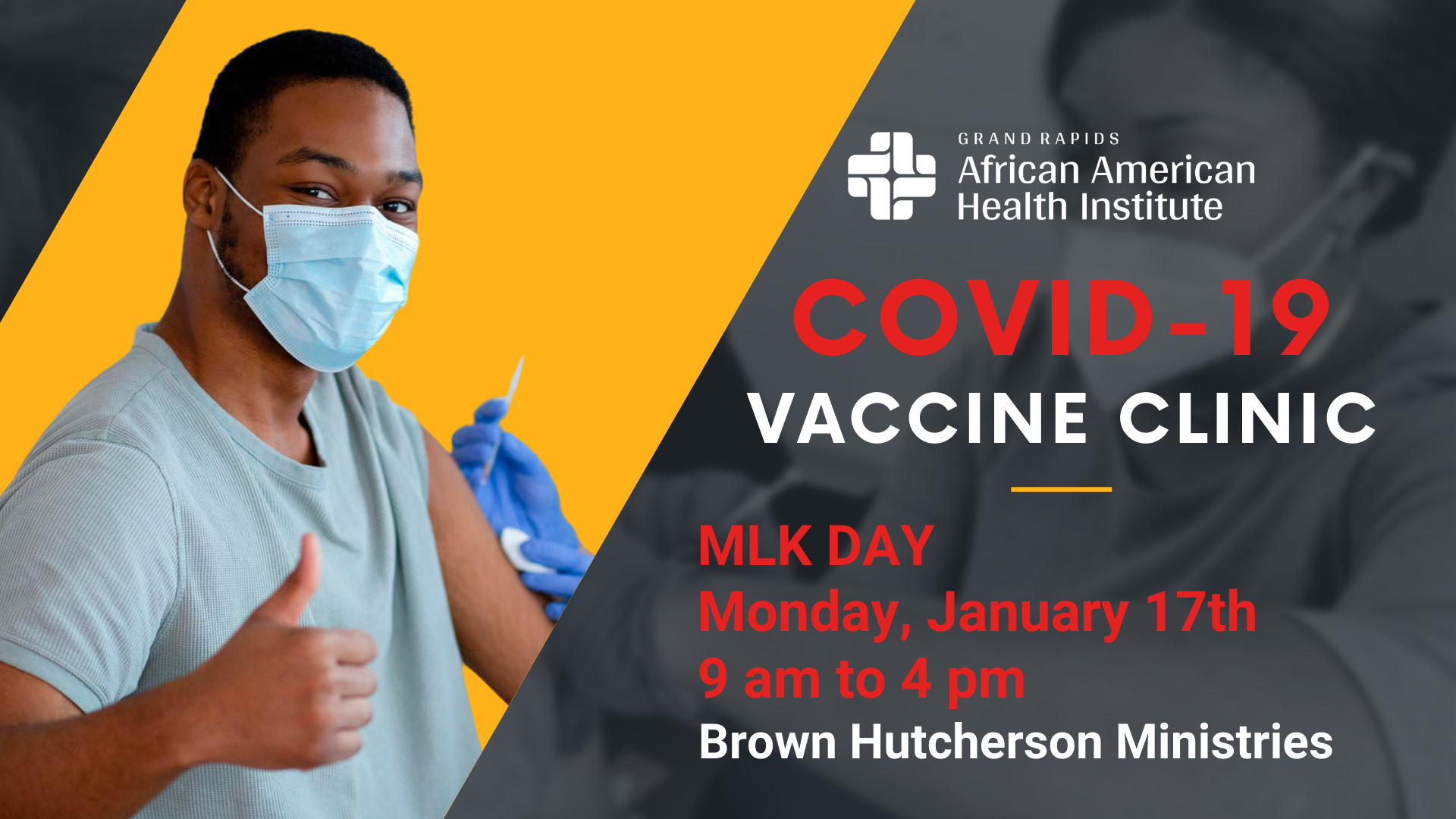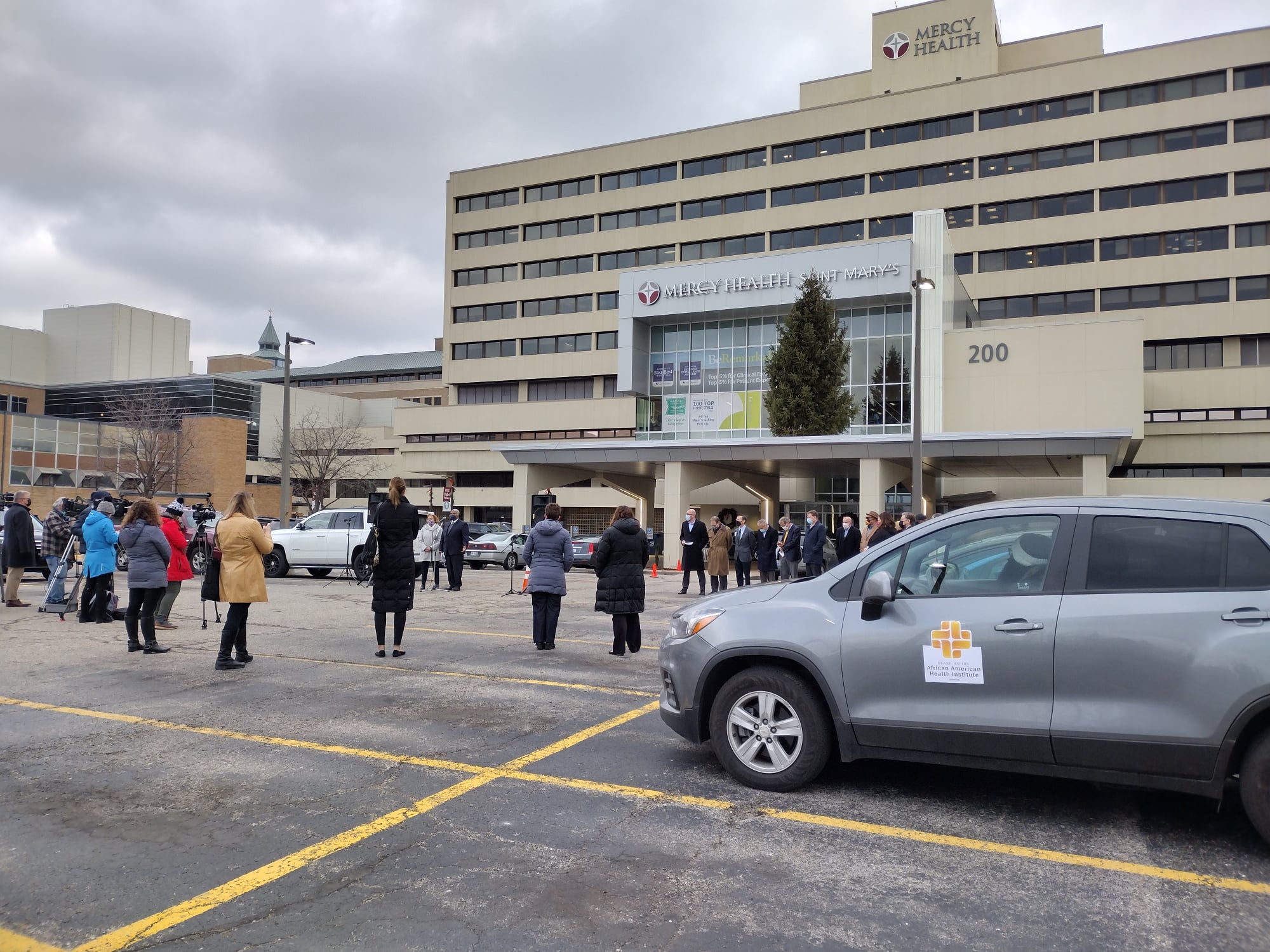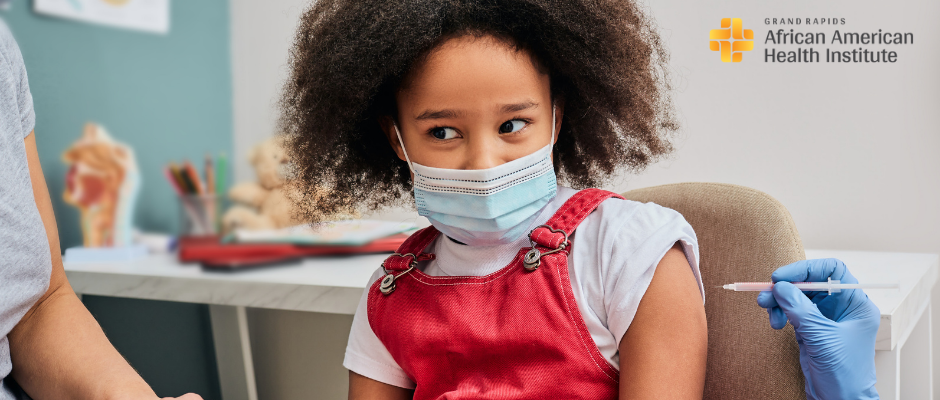Authored by Granite Recovery Centers Reviewed by James Gamache Last Updated: August 27th, 2021
Alcohol has been around since ancient times. Its use has been traced back 10,000 years, when it was first consumed for its psychoactive effects. Today, it fuels a billion-dollar industry and is socially accepted almost globally, having become a major part of human recreation and consumption.
While many things about this drug have changed in the last 10,000 years (like flavoring, alcohol content, and most definitely the packaging), some things about it remain the same. It is still a mind-altering substance, can affect the brain both long-term and short-term, and can be addictive. When consumed too often, in copious amounts, and recklessly, it can severely alter a person’s life, and the lives of those around them.
One of the dangerous forms of alcohol use is binge drinking, which is drinking a large amount in a brief period. If a person makes this a habit, this pattern of abuse can eventually result in a serious addiction.
What is Binge Drinking?
Binge drinking occurs when someone ingests a large quantity of alcohol in a short period of time, and it is also defined by the person’s blood alcohol content. The National Institute on Alcohol Abuse and Alcoholism (NIAA) defines .08 as the amount for this to happen, which translates to 5 standard drinks for men and 4 for women in a 2-hour window.
Just as a person’s gender can impact their intoxication level for biological reasons, so can other variables. Their metabolism, body weight, whether they have eaten in the last few hours, and if any other substances are present in their body can all affect how their body reacts.
The number of a .08 BAC might seem familiar. This is because it also happens to be the level at which you are considered too impaired to drive. In other words, if you reach a .08 BAC, you are considered legally impaired, barring you from legally driving or operating any heavy machinery.
In terms of Alcohol Use Disorder, binge drinking does not explicitly mean a person is dependent on alcohol. It can mean a person drinks uncontrollably to purposefully get drunk, but they might not experience withdrawal symptoms or need to drink throughout the day. Some of these drinkers call themselves “weekend warriors,” meaning they drink hard on the weekends but are able to lay off the booze during the work week. Even if a person is not considered addicted in medical terms, their binge drinking habits often eventually cause physical, psychological and mental health issues if they continue with the behavior.
Binge Drinking: A College Rite of Passage?
One of the most common populations associated with binge drinking is college students. There are a number of reasons this occurs, but it originates from the drinking culture that has become ritualized in schools over the years. Its popularity makes it seem obligatory for new students to partake so they will fit in and have the proper college experience.
The pressure to make friends and fit in is a lot to take on for first year college students. They observe the older classes and see that many of them drink when socializing, and it quickly becomes their own normal. There might be bullying or hazing for people to drink a certain amount, and unwilling participants will find themselves drinking so they aren’t left out. Furthermore, as everyone’s body digests alcohol differently as described above, binge drinking in a group can lead to drastic differences in intoxication. It also lowers inhibitions, can lead to incidents of sexual assault, and can hinder academic progress.
In recent years, the prevalence of drinking on college campuses has been in the spotlight due to so many unfortunate events it has caused. Great efforts have been made to change the culture around alcohol use, such as more education, creating safer college campuses, support for victims of assault, and enforcing stricter rules.
What Does Binge Drinking Look Like and How is it Dangerous?
Binge drinking can be hard to categorize. Alcohol is so widely used in today’s cultures that it is difficult to pin down if someone’s use is dangerous without knowing a lot of information about their behavior. Someone with heavy drinking habits could place into one of a few categories, such as binge drinking, alcohol abuse, or alcoholism. This is truly up to the drinker themselves and medical professionals to diagnose, but if you are concerned about yourself or a loved one, doing research is perfectly okay.
Binge drinking can include any of the following:
- Frequent alcohol consumption: Though this might seem like the most obvious behavior, it may not be. If you do observe yourself of a loved one drinking 4 or 5 drinks and up in a short span of time, that constitutes as binge drinking. It might be only once in a while, but if you notice it happening a lot, it could be a problem. The drinker also might be imbibing in secret, and so they will be very drunk after what appears to be only 1 or 2 drinks, really having had more before they arrived to the party, while drinking in combination with other substances, or drinking from a lucrative container when they have a chance to sneak away from view.
- Denial about drinking: If you or the person in question is dishonest about their alcohol intake, it could signify a larger problem. This is especially noticeable when responsibilities start to take the backseat—it could mean missing work, social engagements, school, etc.
- Risky or impulsive behavior: If you or your loved one start doing and/or saying things that isn’t really in your nature or could be dangerous, it may indicate there is a lot of drinking going on. This means that there is enough drinking occurring to inhibit normal behavior and boundaries. Lapses in judgment could also lead to inappropriate or dangerous behavior.
- Memory problems: Excessive drinking often leads to ‘blacking out,’ which is when alcohol impairs your brain’s ability to form new memories. A person can be walking and talking, but will not be comprehending what is happening or remember it when they sober up.
When Binge Drinking Becomes Alcohol Use Disorder
Whatever reason brings a person to drink, whether it’s as a social lubricant, to relax, to help manage anxiety, or to avoid emotions, it is often a way to feel different from your usual self. When it comes to binge drinking, there is sometimes trauma or abuse involved, and binge drinking is a means of escape of self-medicating. Binge drinking can also be the result of peer pressure, like we mentioned happening on college campuses.
If a person continues to binge drink, it can turn into a larger problem. This is not including select times that do not repeat themselves, such as attending a party or wedding and having ‘a few too many.; Most people retract from doing something when it has negative consequences, such as a hangover that normally follows a night of binge drinking. For others, they continue to do it, and a dependence will likely form.
If a person is repeating patterns of binge drinking to extreme amounts, it might result in the following:
- Physical dependence: After a person drinks often for a long period of time, they build a tolerance and require more alcohol to have them feeling intoxicated. At this point, a person’s physical body is so used to the alcohol, it expects it. The neurotransmitters in the brain that are now consistently affected by the alcohol and will no longer self-produce. If a person stops drinking at this point, the body will experience uncomfortable withdrawal symptoms that can be life threatening.
- Psychological dependence: People who become dependent on alcohol eventually come to view it as necessary to their survival. They will always incorporate it into their routine, even if they aren’t drinking around the clock. If they are a social drinker with binging tendencies, they will have difficulty going to a social event and not drinking because they are so used to it.
If you or a loved one are attempting to cut down on your drinking and immediately experience withdrawal symptoms, it is important to seek medical care. Detoxing from alcohol after consistent drinking can be very risky and even fatal, so should be done under the care of medical professionals. Granite Recovery Centers provides medical detoxification for people who do not need immediate medical intervention, are not a danger to themselves, and are capable of self-evacuation in the event of an emergency.
Determining Whether You Binge Drink
If you are still trying to decide if you or a loved one has a binge drinking problem, consider the following:
- Do you consume drinks quickly, perhaps long before everyone else?
- Do you drink specifically to get drunk?
- Do you do things you regret, or participate in risky behaviors that are out of character for you?
- Do you plan to only drink a few, and then lose control over how much you actually ingest?
- Have your relationships suffered as a result of your drinking?
- Has drinking taken the place of hobbies you once loved?
- Have you faced any consequences at work or school due to your drinking?
- Have you had alcohol poisoning or a trip to the hospital due to drinking?
- Have you ever tried to cut down or stop, and find that you couldn’t?
If you answer ‘yes’ to any of the above questions, it might be time to take a closer look at your drinking habits. Binge drinking, if continued, can lead to an Alcohol Use Disorder (AUD) and more severe problems that can affect you, your life, and your loved ones.
Ways to Manage Drinking
If you have determined that your drinking is posing a problem in your life but has not yet led to severe consequences, you might consider actively cutting down. This will require self-discipline and dedication, but isn’t impossible if caught early enough.
- Change environment/social circles: If you go to a regular bar every night of the week with the same group of friends who partake in binge drinking, it might be time to take a step back. When we are around others drinking, it feels natural to participate and want to fit in. If they are your true friends, they will support you for pursuing a healthier lifestyle. If they do not, try to your best to keep moving forward. Try joining a gym or athletic club instead, or volunteer for a cause you believe in to fill up your time.
- Support group: Do research in your hometown to find other like-minded individuals who actively don’t drink. This could be an AA/NA or SMART Recovery group, or other organization for people who want to stop using substances completely, or it could be less defined. It could even be members of your family you make plans with more, or friends you can hang out with that aren’t looking to drink.
- Sharing your plan: Make sure to stay accountable to yourself by letting people in your life know what’s going on. Explain that you are cutting down or stopping, and ask if they could help you along the way.
For more information about Granite Recovery – go to https://www.graniterecoverycenters.com
